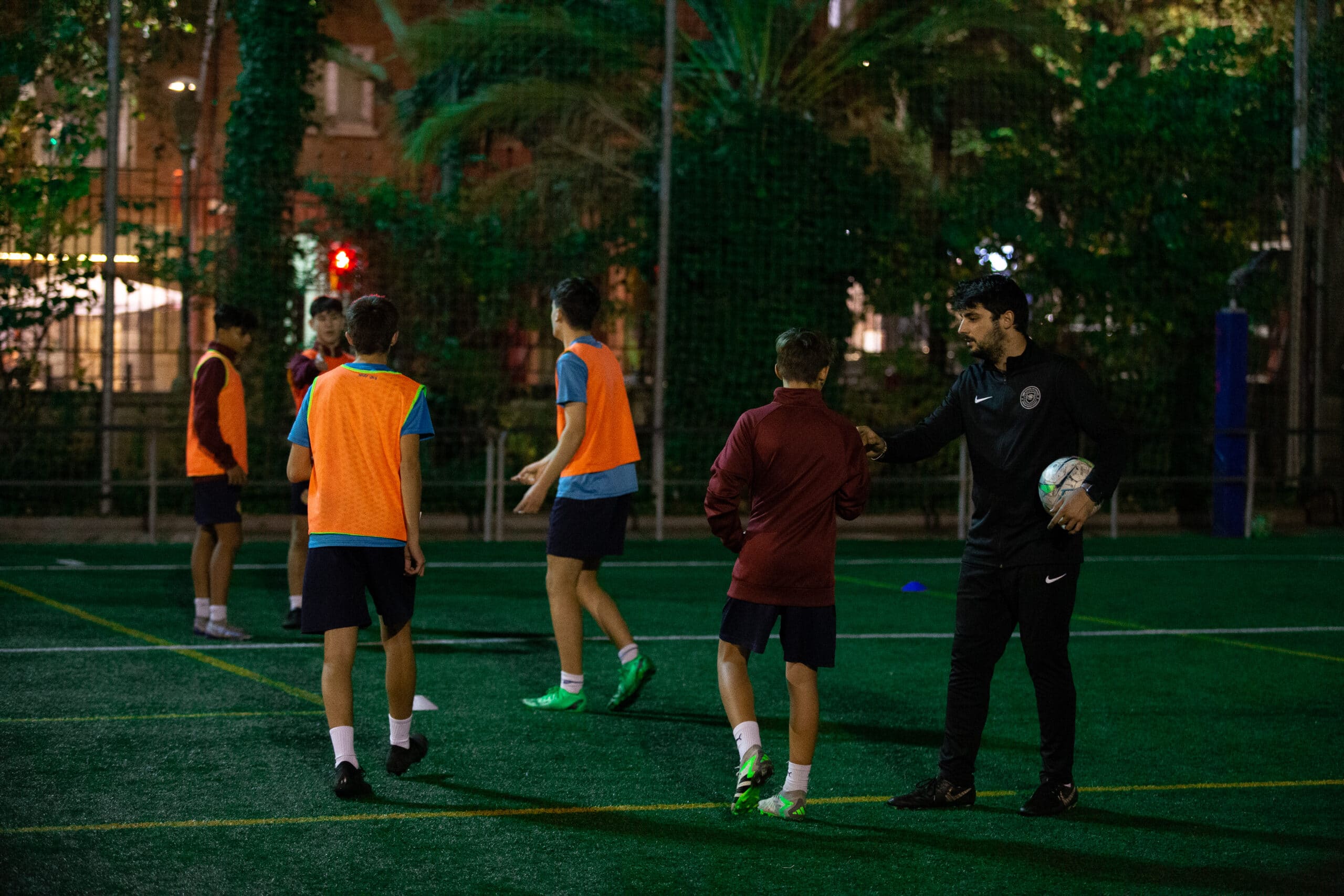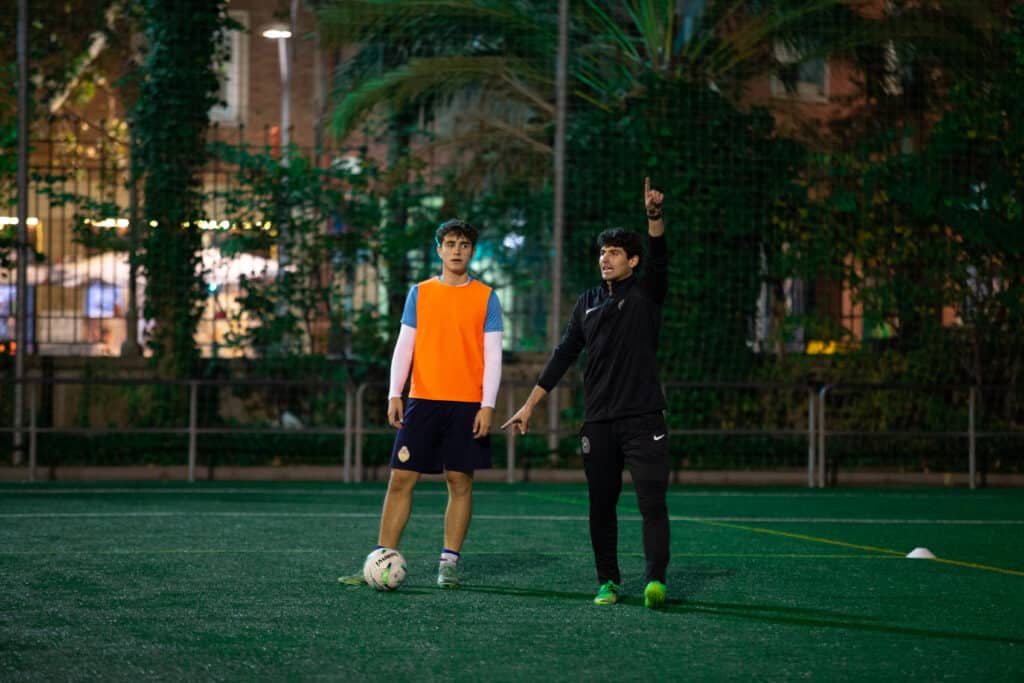Football is a team sport where tactics, strategy and player relationships are fundamental factors. However, the individual improvement of players within a team is not only essential, but can make a difference to collective performance, especially at the top level.
In this analysis, we will explore why individual development is not only vital but can be the determining factor in taking the team to higher levels, highlighting the fundamental connection between tactical knowledge and individual player performance.
The link between player and team:
At the heart of it all is the very essence of football: a strategic game where every player is essential to the team. From basic tactical concepts to precise execution on the pitch, individual improvement acts as the key that unlocks collective potential.
To understand the magnitude of individual development, it is crucial to delve into the very structure of the player. From the tactical knowledge proposed by Gréhaigne and Godbout (1995) to the central challenge posed by Garganta (2006) of knowing what to do and when to do it.
These premises highlight the close relationship between tactical understanding and individual performance.
Thus, the tactical dimension is not only an essential component, but the catalyst that requires the integration of other elements, creating a complex symphony of technical, physical and psychological skills.
In this context, individual development is no longer an aspiration but an imperative need for any team aiming for success.
Authors such as Garganta and Gréhaigne (1999) claim that the intelligent play of a team arises from the cognitive and motor activity of its players underlines the crucial role of individual improvement.
Also, as described by Schellenberger (1990), in a tactical sport, team performance is intrinsically linked to the level of development of the perceptual and intellectual skills of its players.
Therefore, individual coaching becomes the key to providing each individual with a deeper understanding of the game, increasing their awareness and generating more possibilities for action.
To approach the individual analysis, we will start with the assessment of the team and then examine the individual actions in line with the Game Model. The team analysis involves understanding the identity of the club, the essence of the coach, and the profile of the players.
This research focuses on strengths and weaknesses, roles and responsibilities, the idea of the phase of the game, and different principles and sub-principles of play.
In other words, understanding the tactical concepts that the coach will demand from the team and also from the player in question.
From this point, players with room for improvement will be selected and evaluated, considering different factors such as: youth, recent incorporation to the team, or lack of knowledge due to a poor youth development.
Finally, the analysis of the player involves an in-depth analysis of tactical information, tactical profile, and the examination of other structures such as coordinative, conditional and socio-affective.
Conclusion:
In short, individual development in football goes beyond simple skill optimisation – it is the very foundation of a successful team.
From the tactical approach to understanding the diversity of individual factors, the key to collective success lies in the constant learning and evolution of each player.
In this journey, individualised coaching stands out as the critical tool that unlocks maximum potential, reminding us that, in the dynamic universe of football, improvement is a never-ending journey to greatness.








